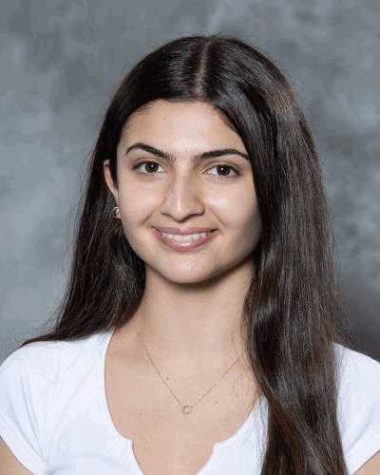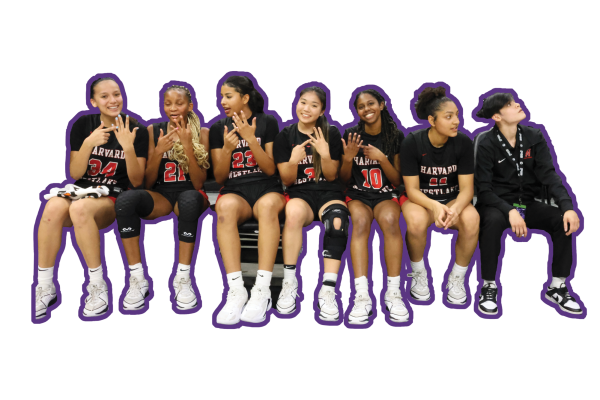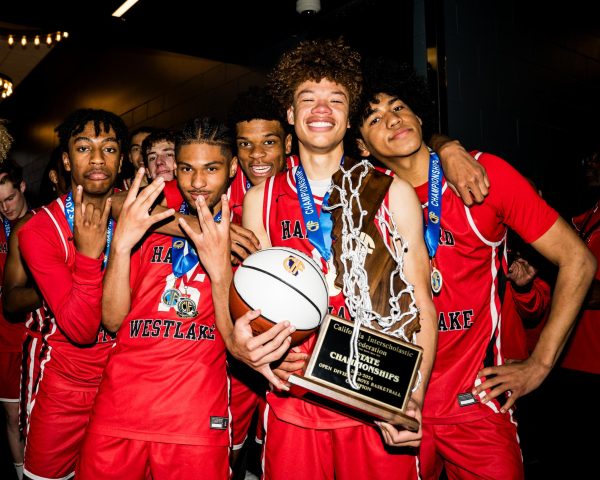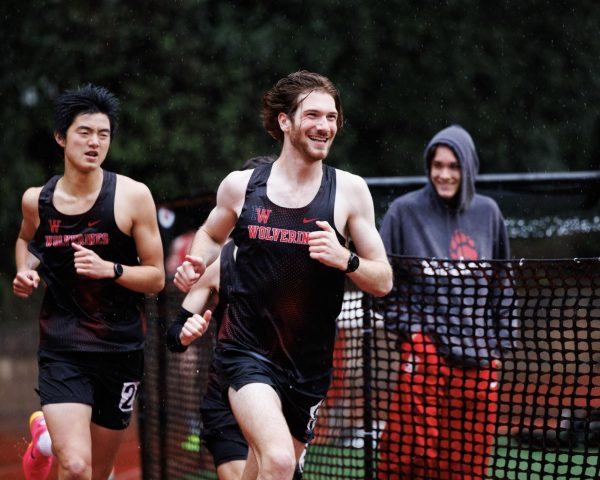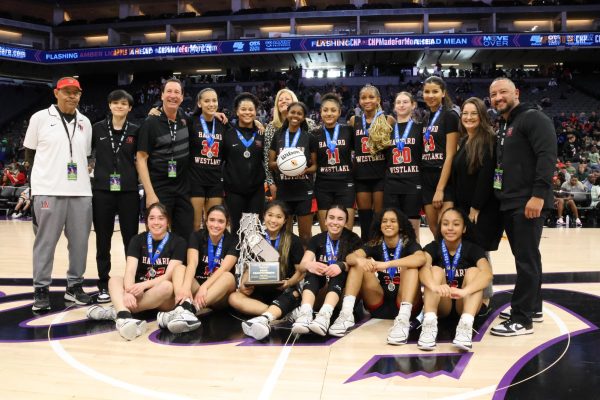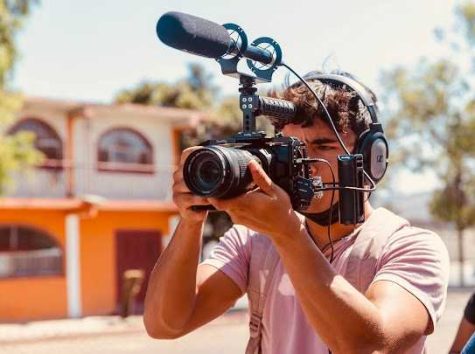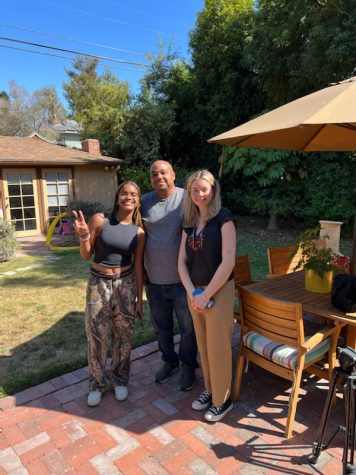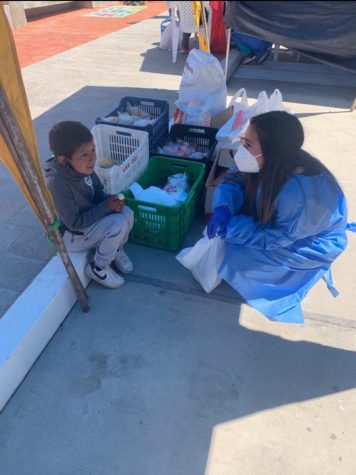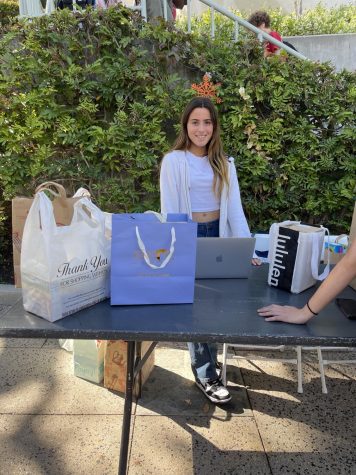Dr. Bettina Love speaks on Black creativity and hip-hop at BLACC lunch
May 9, 2021
Black Leadership and Culture Club (BLACC) hosted scholar, Georgia Athletic Association Professor in Education at University of Georgia and activist Dr. Bettina Love for a conversation about racial justice and its relations with hip-hop during lunch May 6.
The 45-minute webinar was open to all upper school community members, who were able to sign up via email RSVP. It began with introductions from BLACC Co-leaders Cameron Herring ’21, Ash Wright ’22, Santiago Kelly ’22 and Khyra Stiner ’21. Love also spoke to BLACC families in a Zoom session after school May 4.
After being introduced, Love began a presentation where she spoke on Black creativity, expression, civics education and their correspondence with hip-hop music. Love said hip hop plays a very crucial role in racially-based movements today and Black people use hip-hop as a form of art.
“What I do in my life is I write about race and identity through hip-hop ,” Love said. “The one thing I know about hip-hop is that I don’t love just the music or the lyrics, but also that it represents black creativity and art. To see us Black people as civic agents spreading a mission through our music is so important. Black art is important to justice and liberation and has dated back to centuries ago.”
Love presented a variety of sources
Love shared video and audio clips of modern music from Black artists including Kendrick Lamar and Janelle Monáe, pointing out the West African influences in them, including repetition, improvisation and proverbs. Love also presented a photo spread of the history of hip hop from a 2007 National Geographic issue and said that the magazine missed important details from the time of the earliest form of hip-hop by African musical storytellers known as griots to the transition of hip-hop in America.
“They got some things right, hip-hop was rooted in griots’ work as [Black musicians] beat on drums and spoke over drums,” Love said. “However, National Geographic doesn’t explain how we went from griots in Africa to the western world. The individuals who came here against their wills were civic geniuses. When we talk about civics, we often think about the ideas of voting, volunteering or reading the newspaper. Those are part of civics, don’t get me wrong, but civics at its core is about making communities and building groups. Black individuals brought with them their language, joy, creativity and art which they used in the pursuit of freedom.”
BLACC Co-leaders reflect on Love’s visit
Stiner said she enjoyed listening to Love’s presentation and hearing the points she made about Black students at predominantly white institutions (PWIs).
“Listening to Dr. Love felt like I was sitting in my favorite class and learning about really interesting topics that I can relate to my own life,” Stiner said. “Something she said that I found to be interesting was when she was talking about the PWI experience of Black students and how she didn’t think of scholarships as scholarships, but rather as more of an investment in the students’ futures on schools’ behalfs.”
Wright said she found Dr. Love’s visit to be very interesting and hopes she can visit again to speak to the entire school.
“It was absolutely amazing hearing Dr. Love speak, especially in her advice towards Black students at PWI’s because she really affirmed many things I’ve personally felt in such an inspirational way,” Wright said. “I think she’s absolutely amazing and it would be awesome to have her come back to speak to the whole student body some time.”



































